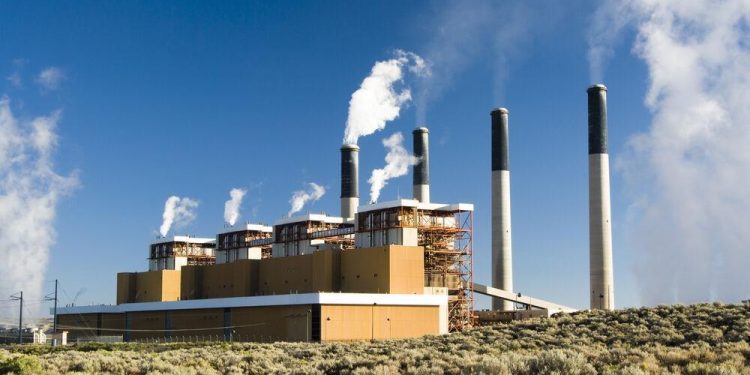By Anthony Hennen | The Center Square
(The Center Square) – Action in the General Assembly was not enough to stop the publication of regulations to enter Pennsylvania into the Regional Greenhouse Gas Initiative, but legal action could stop it in the future.
If legal action doesn’t halt Pennsylvania’s entry into RGGI, the outcome of the gubernatorial election could determine whether the Commonwealth stays in the multi-state compact or leaves it by executive order.
As the Center Square previously reported, the Pennsylvania Senate failed to override Gov. Tom Wolf’s veto of a bill that would keep the state out of RGGI, which would tax CO2 emissions and require energy producers to pay for emissions allowances. The price of those allowances, according to the Independent Fiscal Office, is 3.8 times higher than initial estimates, generating about $781 million in revenue.
Pennsylvania is a net-exporter of energy, unlike the other states in the compact. RGGI states decreased emissions by 47% from 2008-20, while Pennsylvania reduced emissions by 42% over the same period.
On April 23, the Wolf administration published the regulations for RGGI.
“Today we are already experiencing the effects of climate change and those impacts are only going to get worse. Our children and their children are going to look back at our decisions and by participating in RGGI, we have begun to set Pennsylvania on the path forward to addressing this threat,” said Department of Environmental Protection Secretary Patrick McDonnell.
Power plants and facilities will be required to account for their CO2 emissions on July 1, growing to accounting for 50% and 100% of emissions by March 2024.
Another lawsuit, this time filed by the owners of coal plants in the Commonwealth on April 26, may halt the regulations.
Other states that have joined RGGI either did so through the Legislature or by later legislative approval of executive action.




